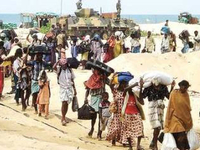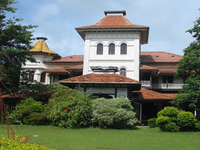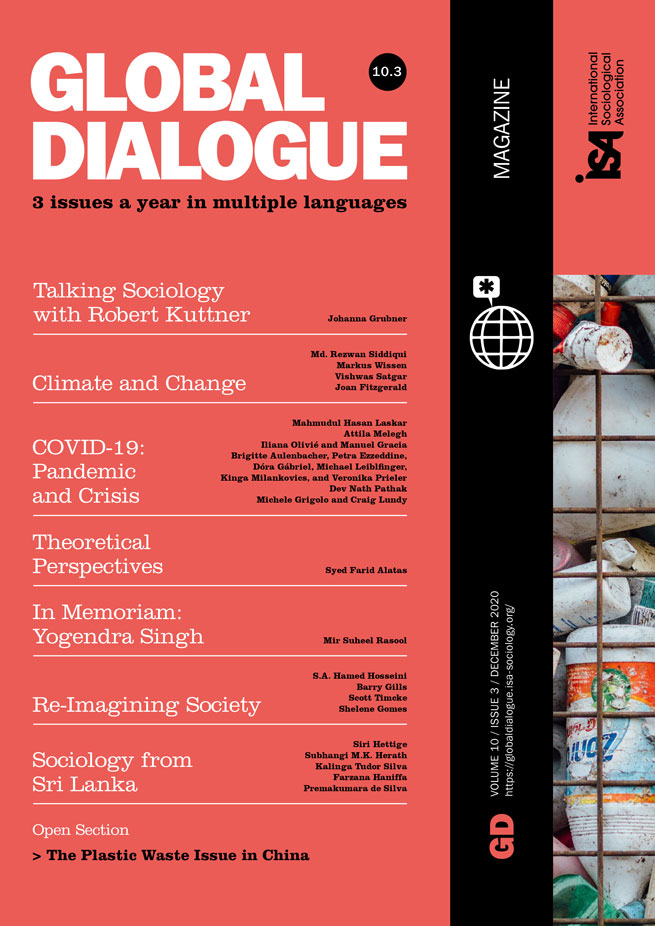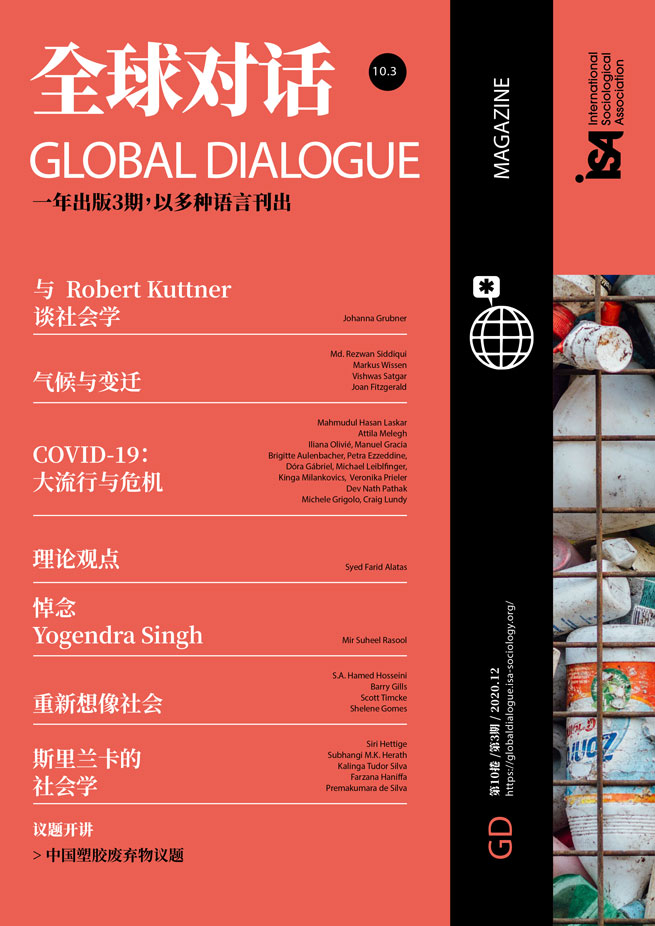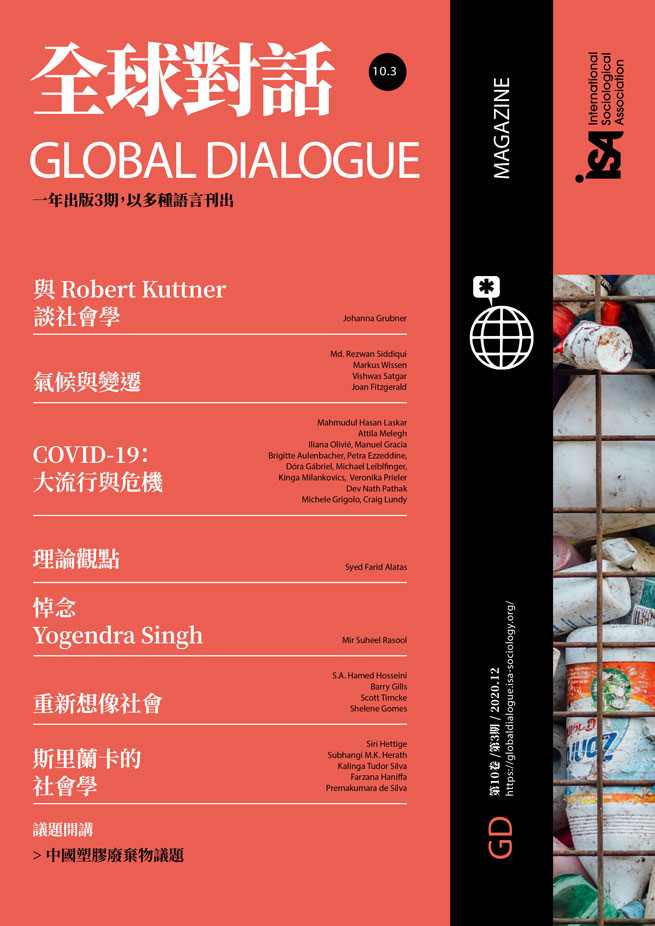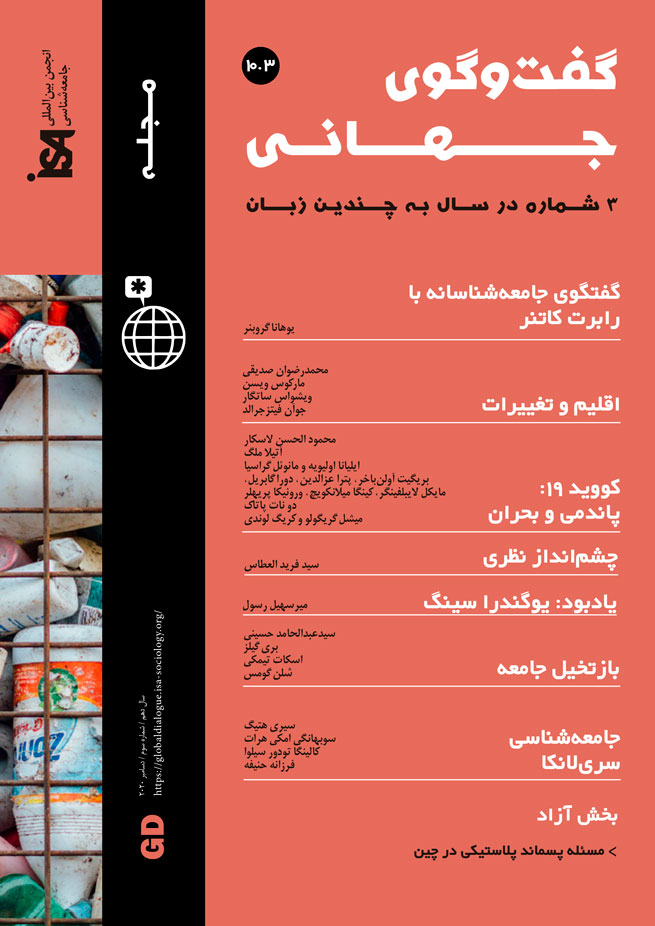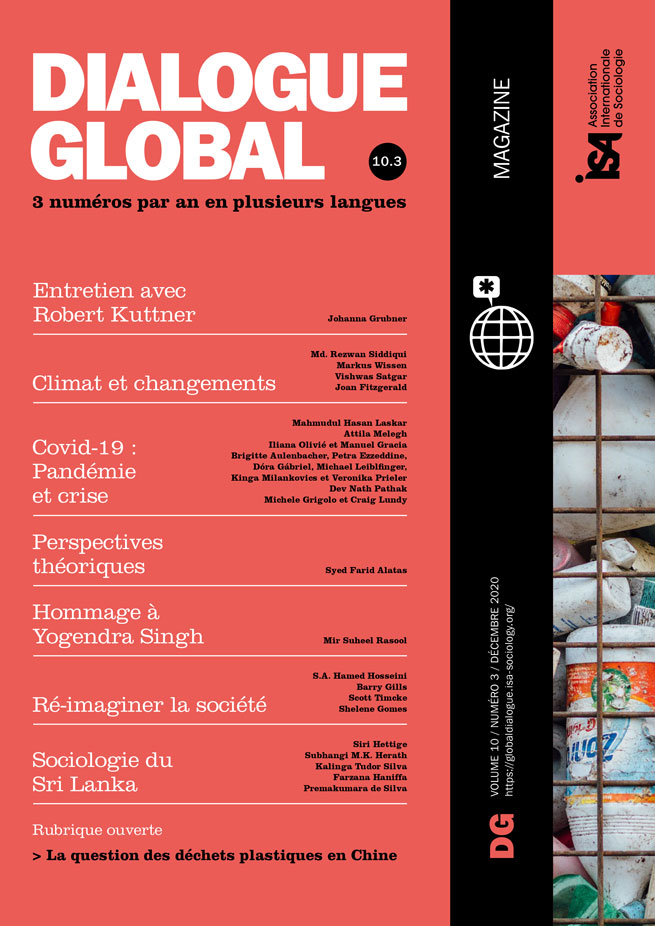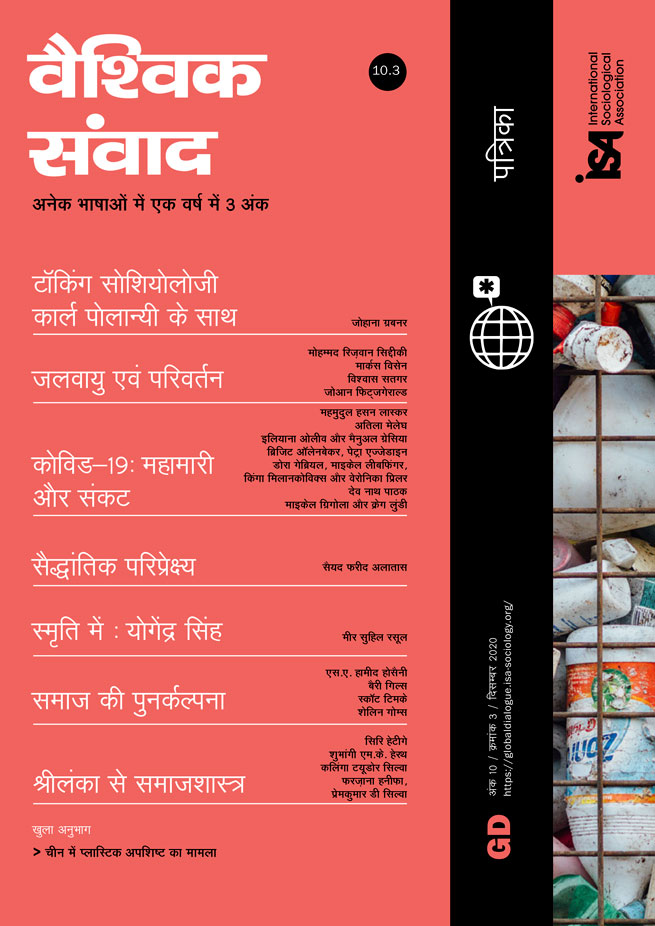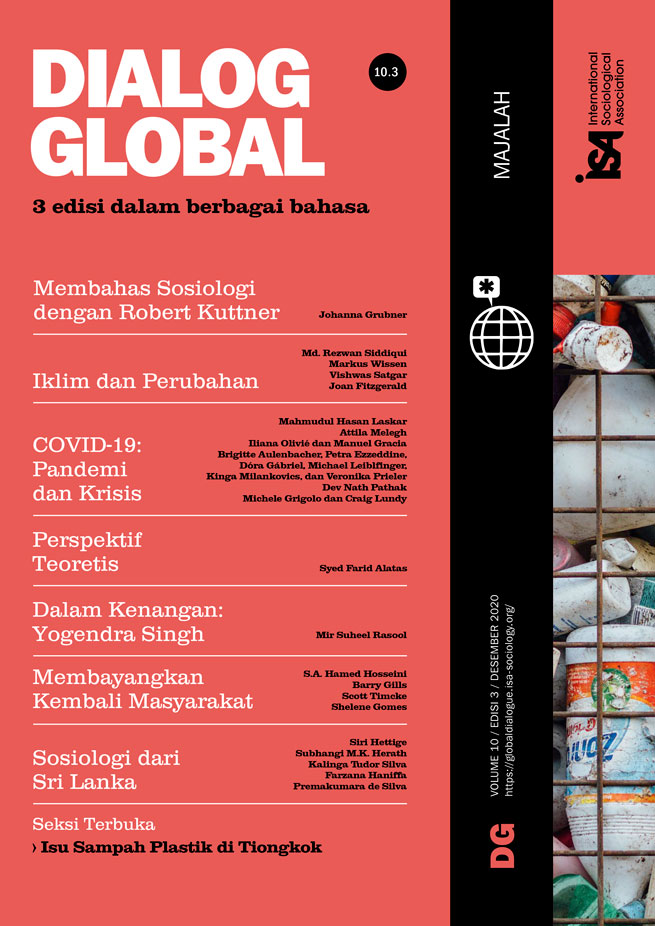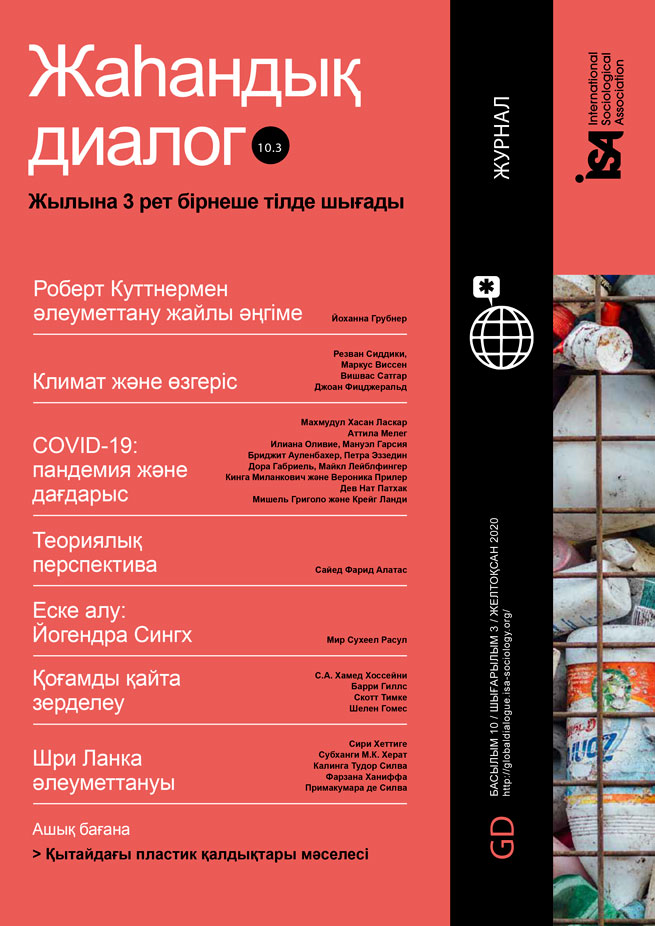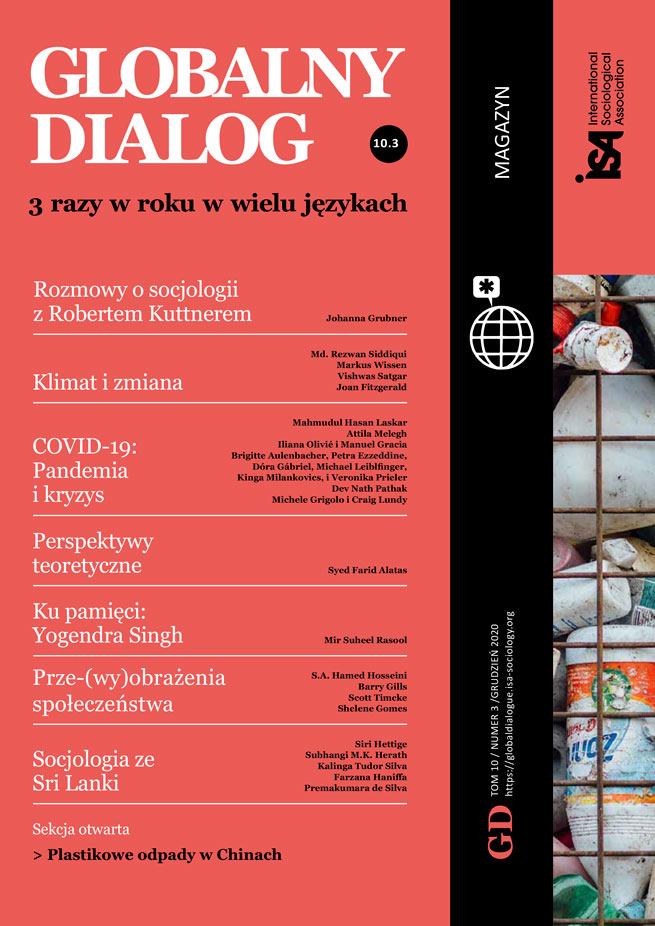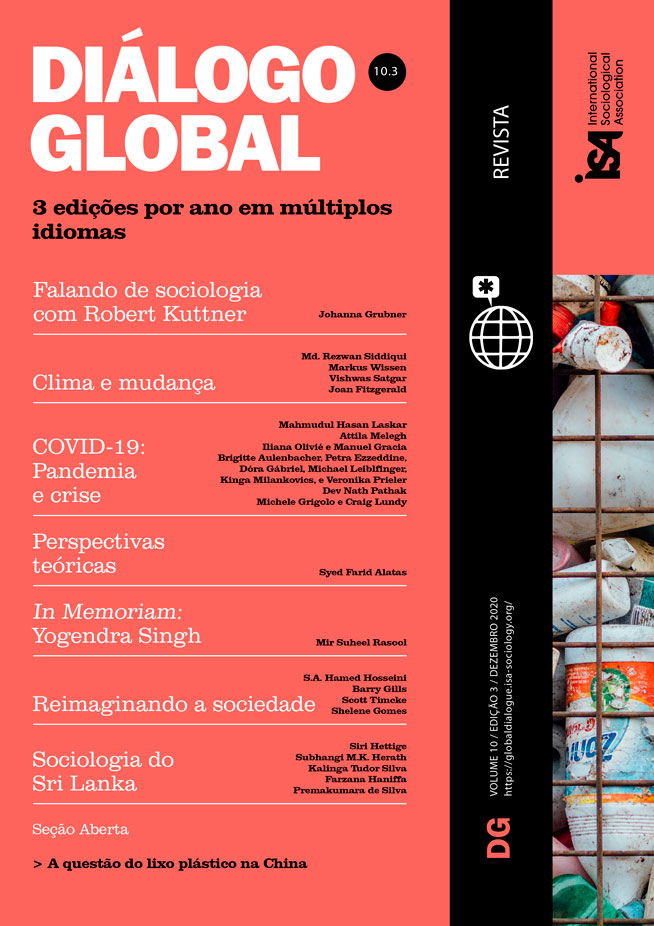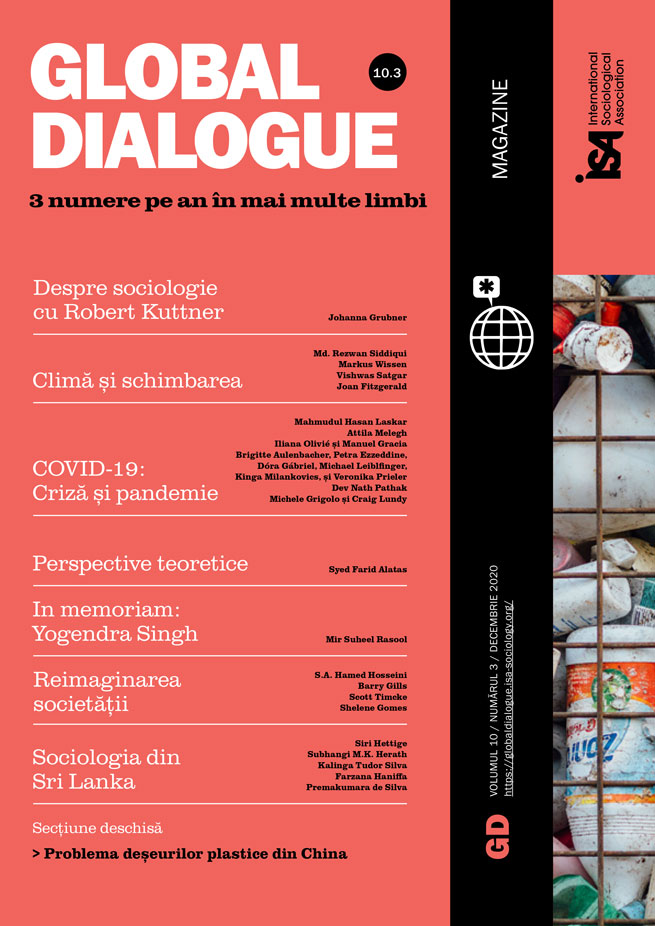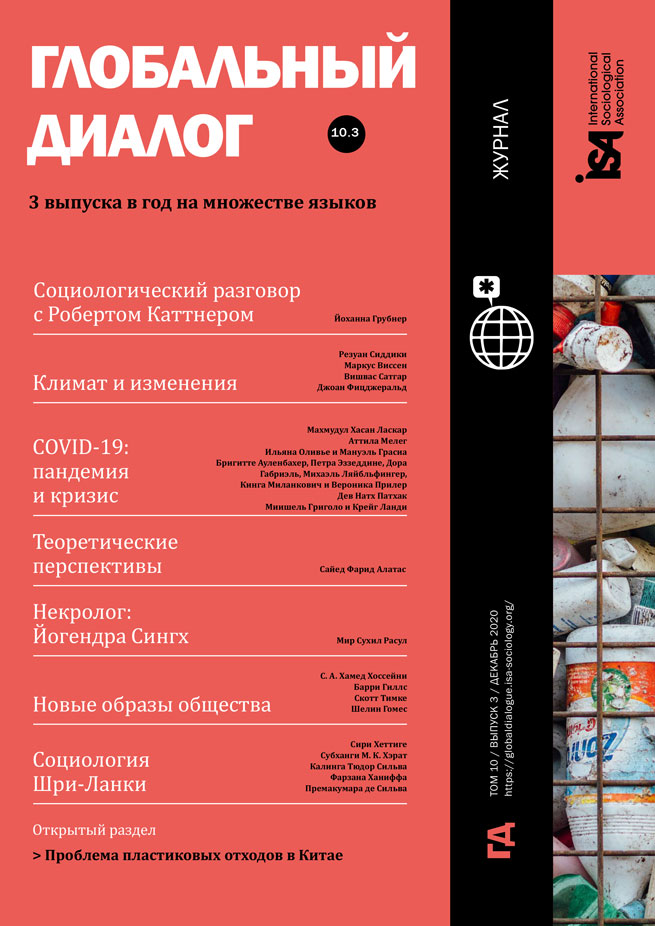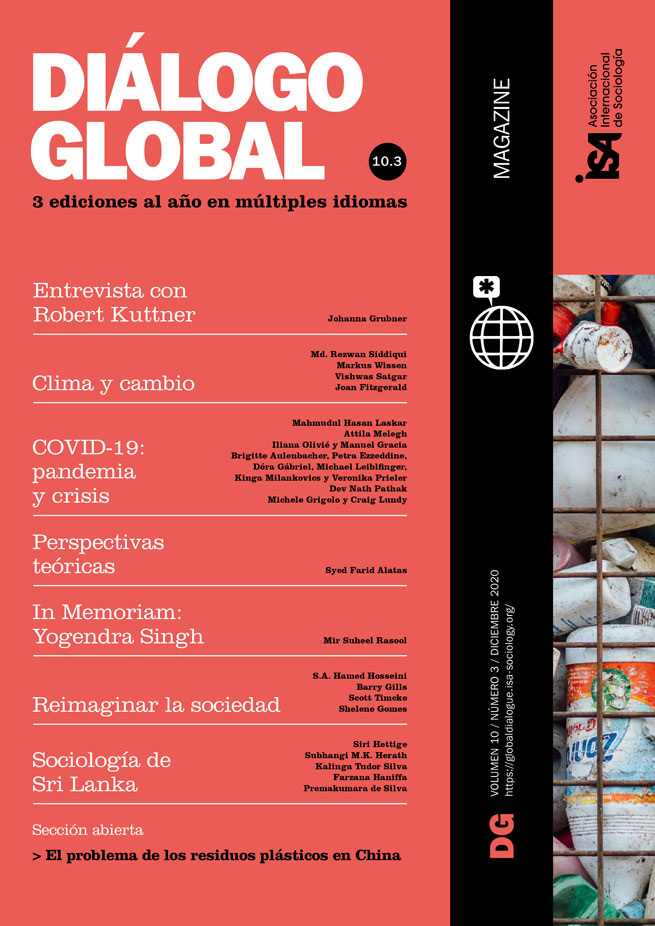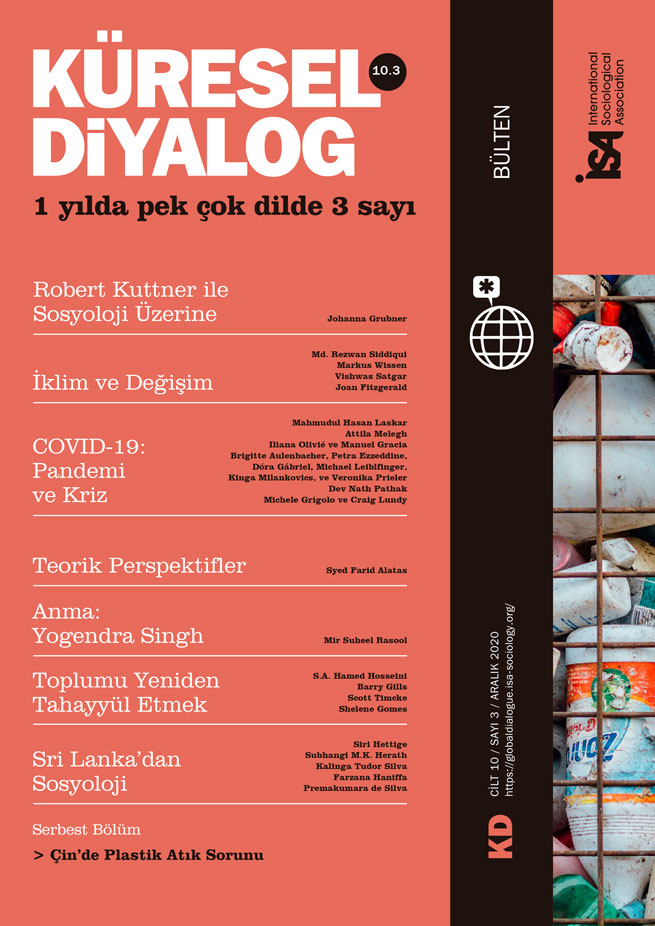The development of Sri Lankan sociology obviously does not follow a clear-cut tradition in sociology unlike that practiced in Europe or America. It is a high blend of sociology and anthropology, with a significant skewing towards anthropology. Two reasons for this are obvious: One is that Sri Lanka was a British colony where its university education was founded by British educators, following the model of the British university system where anthropology was a thriving discipline in the social sciences. The other is that the country already was a center of interest for missionaries and travelers, offering unique beauty, history, and social systems; for any scholar who had an anthropological eye, Sri Lankan society and culture offered a rich laboratory.
However, the teaching of sociology as a subject at the university level, which began as early as 1947 at the University of Peradeniya (the first full-fledged residential university in Sri Lanka), and the contribution made by some leading British and European sociologists and anthropologists to teaching and research made a significant contribution to the development of a Sri Lankan sociology (and/or anthropology). Some renowned first- and second-generation scholars are still active and have substantially enriched the field, producing sociological work of great value. Some of them have continued to function as mainstream anthropologists; crisscrossing the boundaries between sociology and anthropology seems to be a notable feature of Sri Lankan sociology even today.
The evolution of a “sociology of Sri Lanka”
Much of the sociological work that has appeared over the last six to seven decades has been in the form of local studies either engaging with macro sociological theoretical debates, or resorting to micro studies, or staying within the boundaries of “middle-range theories,” if I may use the terminology introduced by Robert Merton (1968). Many of the early or second-generation sociologists very consciously based their work on the existing international body of sociological theory and engaged in its application, testing, and questioning at a theoretical level, making a noteworthy contribution to a “sociology of Sri Lanka.” The contribution of Edmund Leach (1961), who served in the Sociology Department of the University of Peradeniya, to the then-ongoing debate on the “super structural dominance of economy,” or Tissa Fernando’s (1972) work on the 1971 youth insurrection in Sri Lanka that viewed the event within the frame of Vilfredo Pareto’s work on the “transformation of elites,” or Laksiri Jayasuriya’s (2000) contribution on neoliberalism and welfare policy, among many others, fall within this tradition of serious theoretical work within Sri Lankan sociology. When examining the contributions made by later Sri Lankan sociologists, it appears that much of the attention has gone into changing social phenomena in Sri Lanka, such as caste and class, agrarian relations, the political system, gender relations, religion and culture, as well as migration and family networks. A clear shift in focus towards emerging and prevailing social issues that have a serious impact on the individual, society, and different social groups can be seen in recent years. During the last five decades, this sociology of social issues seems to have established itself as “Sri Lankan sociology” among both academia and the general readership.
A “sociology of social issues”
Much of the work falling within this particular “sociology of social issues” seems to have followed the sociological tradition introduced during early American sociology, for instance, W.F. Whyte’s Street Corner Society (1943), or Frederic Thrasher’s The Gang (1927), or Florian Znaniecki and W.I. Thomas’s The Polish Peasant in Europe and America (1918), all of which contributed immensely to the development of a theoretical discourse on locally-based micro social issues, rather than the European theoretical sociology or the mid-twentieth-century American sociology with strong philosophical foundations. A great part of the sociological work published in Sri Lanka today is based on data gathered through extensive fieldwork, both at the qualitative and quantitative level, focusing on a variety of social issues that have emerged in the Sri Lankan society today; however, although not entirely devoid of some theoretical basis, it often lacks the theoretical rigor and conceptual robustness expected of scholarly work. This situation has led to the production of an immense body of sociological literature that almost represents a style of “journalistic sociology.” Nevertheless, it is important to add that the popularity of such studies among the general public, especially because they do not entangle the reader in serious theoretical debates, cannot be undervalued in getting wider public attention for sociological work.
The majority of Sri Lankan universities today are engaged in teaching sociology; however, a notable variation prevails at the level of teaching as well as in the subject matter in focus. The consequences of social processes including the 1956 change in the State Language Policy (which made the language of the majority population, Sinhala, the only state language, giving no recognition to Tamil, the language of the minority populations, and English, the only international language used in the country), the acute brain drain that followed, and the change of the medium of instruction in the school system from English to vernacular languages creating a new generation deprived of the opportunity to learn an international language and access global knowledge are still visible in the production of sociological knowledge. Nevertheless, given the enormous systemic and structural changes the society is experiencing and the numerous strategies adopted by people in coping with these everyday realities, the diversity within the emerging body of sociological work is certainly inspirational.
The question, however, is: “Can such a body of work concerning the ‘sociology of everyday life’ be considered ‘sociology’?” Max Weber in his Science as a Vocation (1919) writes, “Nowadays in circles of youth there is a widespread notion that science has become […] a calculation involving only the cool intellect and not one’s heart and soul.” Sociology is not only about seeing, interpreting, and commenting but about “ideas” emerging on the basis of “hard work.” This hard work certainly would be facilitated by knowledge founded by our predecessors. The lack of such theoretical rigor, which is also a consequence of other factors, including language ability, availability of resources, and the commitment towards deep learning of a real science may obscure the difference between everyday sociology and everyday journalism. It should be the concerted effort of sociologists in Sri Lanka to save the discipline of sociology from deep-seated mediocrity while there is still time.
Subhangi M.K. Herath, University of Colombo, Sri Lanka <subhangi@soc.cmb.ac.lk>
